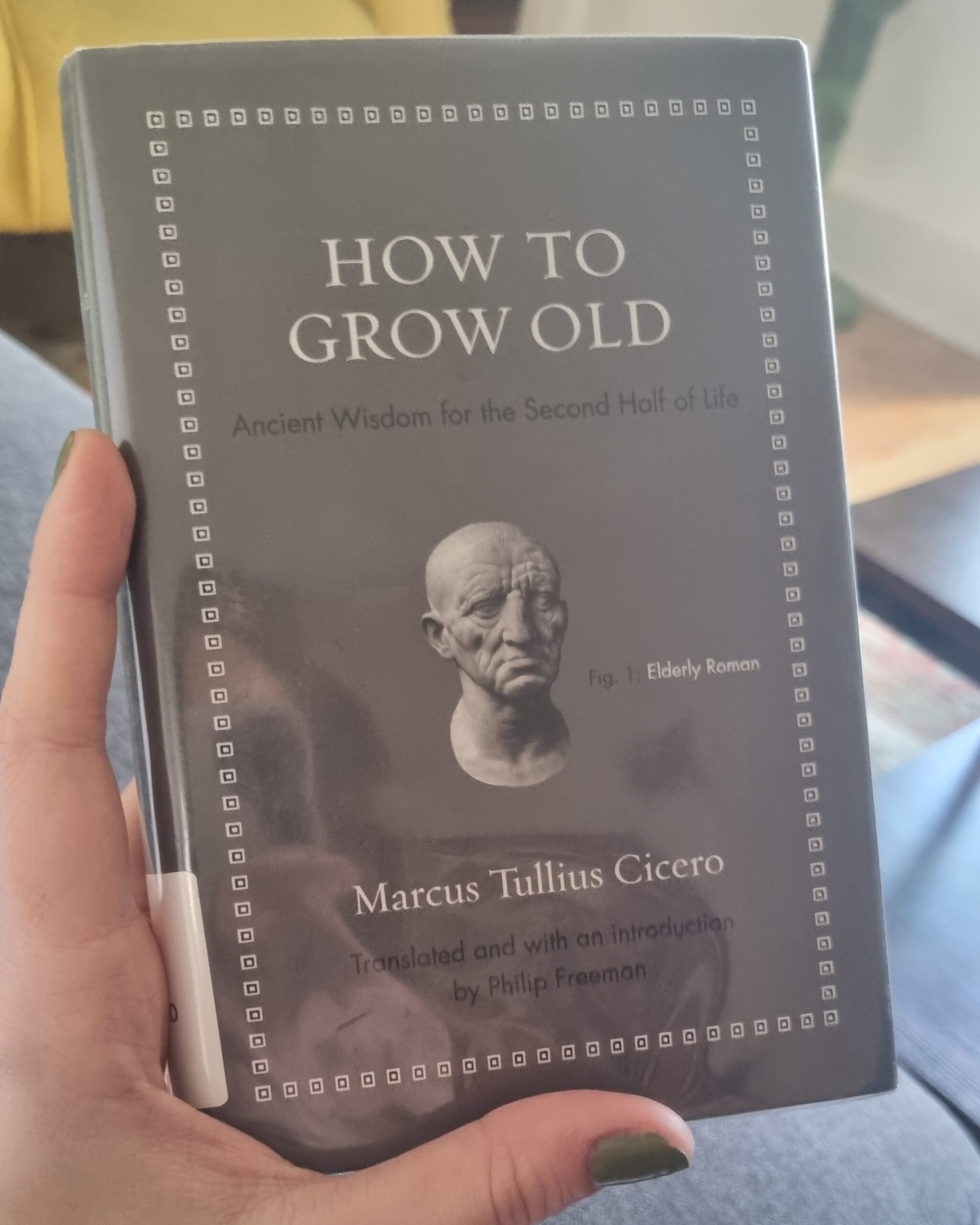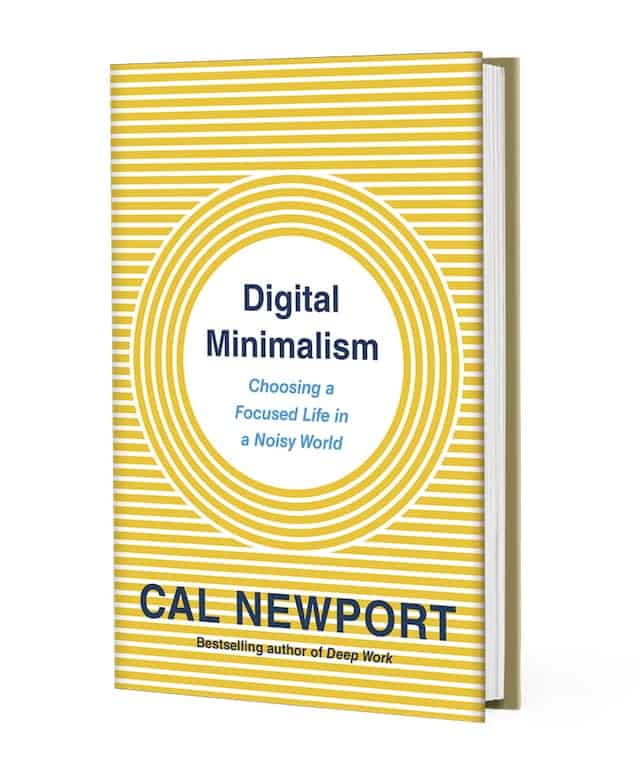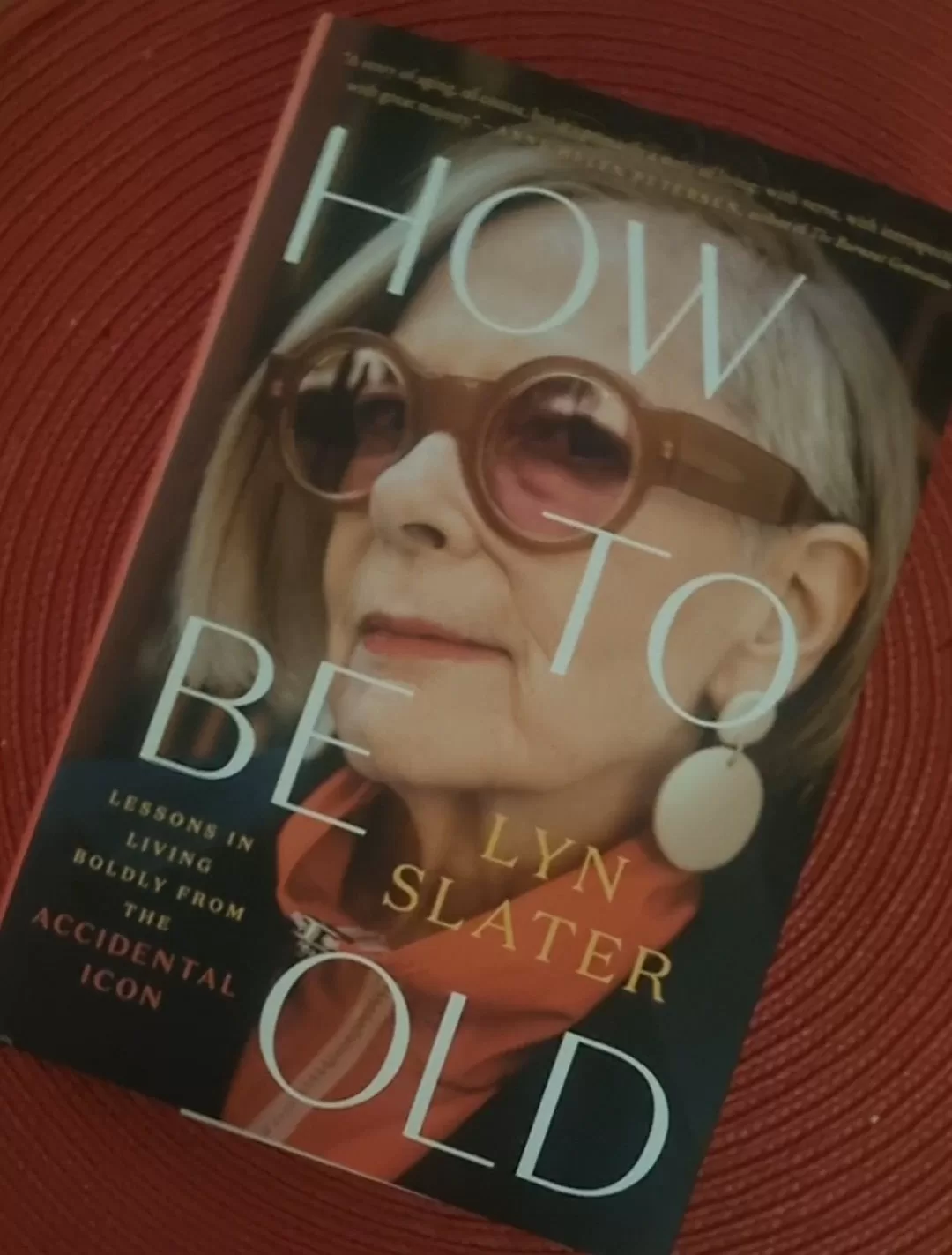When I turned 25 last summer, it was the first time that my birthday truly made me feel old. 25, after all, was the point at which I nearly crossed over into the “late twenties” and not far beyond that loomed my “early thirties”. It probably didn’t help that it was also around the same time that I spotted an early grey hair floating amidst my brunette strands. Since then, I’ve started thinking more about how I want to age.
In Cicero’s famous How to Grow Old, he writes, “…old age has its own appropriate defenses, namely, the study and practice of wise and decent living. If you cultivate these in every period of your life, then when you grow old they will yield a rich harvest.”
Cicero argues that even as the body grows weaker the mind does not necessarily have to grow less sharp if you continue to learn new things. He also goes on a long tangent extolling the value of farming as an enjoyable and productive hobby that one can do well into old age, as well as cheekily remarks that his tangent is perhaps symptomatic of old people tending to be longwinded.
In the modern world, the forty-hour work week can make it difficult to prioritize the cultivation of hobbies and often we get into the habit of going from work to happy hour to catching up on our favorite shows and then to bed. However, this means that when faced with retirement (if able to retire– the looming retirement crisis is a subject for another time) people often have no idea what to do with all their spare time. While some are able to find new hobbies in the extra time afforded by retirement, this problem also speaks to the American tendency to make their life revolve around their job.
It also means that if we don’t intentionally strive to learn new things at work, we probably aren’t exercising our minds in our spare time either. Similar to Cicero, Arthur Brooks writes in the Atlantic that to have fulfilling leisure time we should prioritize learning new things rather than focusing solely on rest.
As I have struggled to find fulfillment in the jobs I’ve had the past year and a half, I too have found that learning new things in my spare time has made me feel much more purposeful and energized. Additionally, by prioritizing taking up new hobbies like crochet and bookbinding, as well as fostering past academic interests such as language learning, I hope to cultivate skills that I will be able to exercise into old age (Cicero learned Greek after retiring from politics). Of course, I will remain open to any new activities that may pique my interest as well!
Staying both mentally and physically active is something we can strive to do to lead lives that become no less satisfying as we age. However, Cicero also notes that while we should work to avoid becoming “sluggish and lazy”, we shouldn’t do so with the idea that doing so will keep us young forever. In our current youth obsessed culture, this idea is especially key.
Cicero writes, “The course of life cannot change. Nature has but a single path and you travel it only once. Each stage of life has its own appropriate qualities– weakness in childhood, boldness in youth, seriousness in middle age, and maturity in old age. These are fruits that must be harvested in due season.”
As I age I hope to keep this wisdom with me and accept my age without letting it define or limit me. And as for those grey hairs? Well in that regard, I hope to emulate country-folk singer Emmylou Harris who wears her grey hair with pride and beauty saying in a NY Times interview, “Women should do whatever makes them feel good, but I do wish that we would accept our aging selves.”





